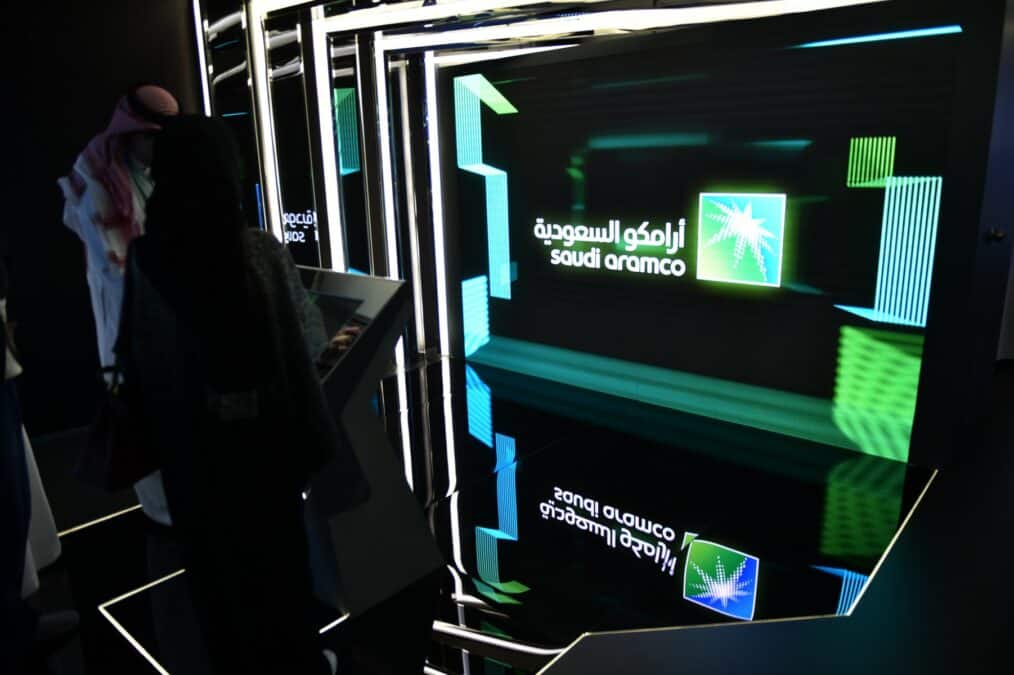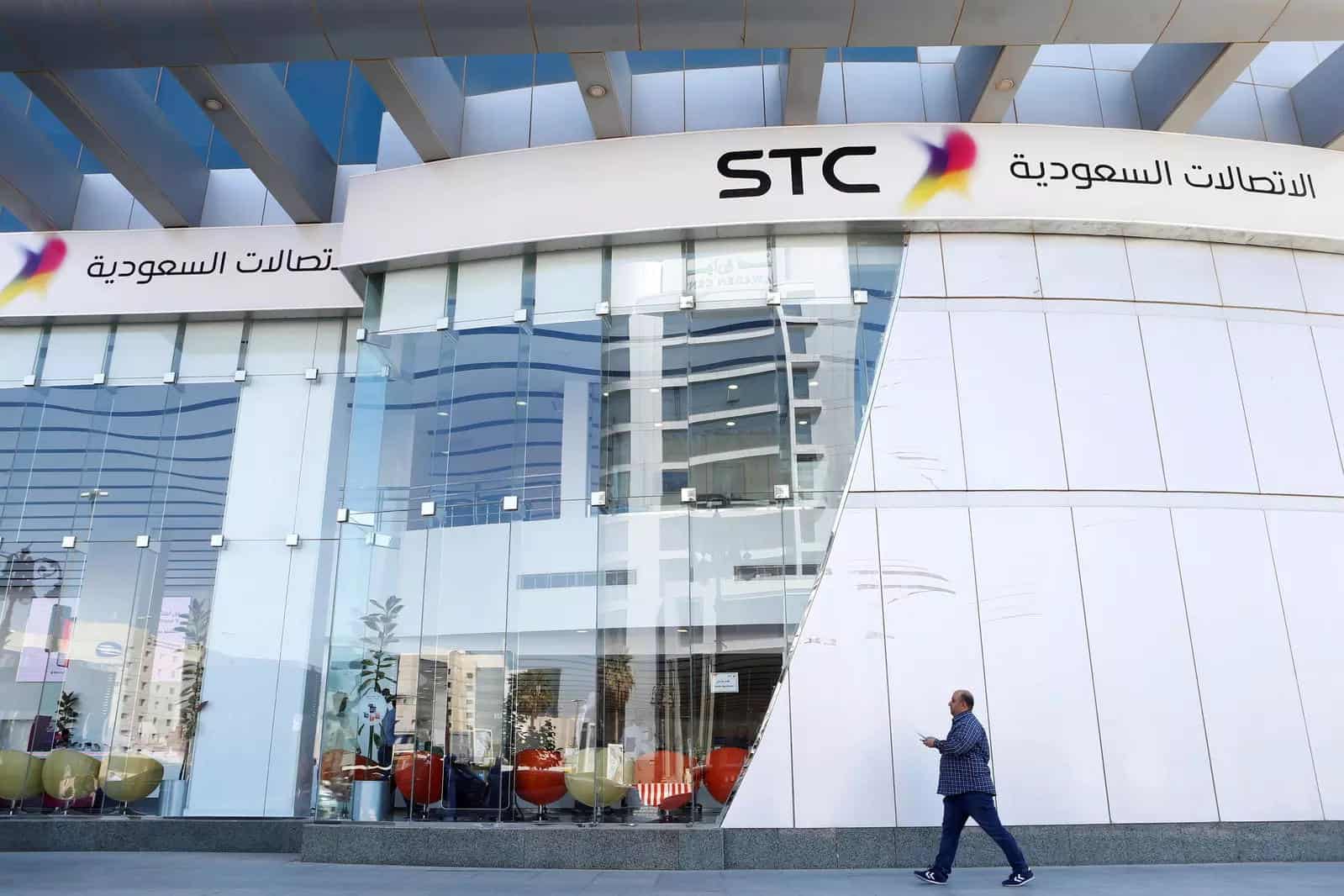DUBAI, UAE —The UAE and Saudi Arabia, in recent years, have expanded their investment horizons, moving away from traditional plans that rely on safe investments and toward Venture Capital and the substantial opportunities it provides for economic diversification.
The two Gulf states have begun laying the groundwork for investments with the potential to become “unicorn” companies. The presence of many of these companies will result in a rapid economic transformation and new financial revenues for the two countries, allowing them to abandon their reliance on crude oil revenues.
The term “unicorn” or “unicorn company” was conceptualized in 2013 by American finance expert Elaine Lee to describe technology companies in California that had quickly surpassed one billion dollars.
The fact that the value of these companies’ shares quickly surpassed the billion-dollar mark is considered miraculous and rare, much like the fictional “unicorn” animal.
And now, regardless of the company’s profits or the method of raising capital, this term has become “common” for startups whose capital exceeds one billion dollars.
Unicorn companies are distinguished by rapid growth, with the majority of these firms being technology companies.
Until 2019, unicorn companies were concentrated in China and the United States, with a few in other regions, and the total number of unicorn companies worldwide did not exceed 328.
However, the year 2020 saw a considerable increase in the number of these types of companies around the world, and the total number of “unicorn” companies around the world has reached 865, with a total value of US$ 2841 billion.
Gulf “unicorn” firms
The first Arab company to be dubbed a “unicorn” in the Arab world was Emirati “Souq.com,” which received $300 million in funding in February 2016.
Souq.com was the initial inspiration for many Arab companies that followed.
There is now a slew of Arab startups worth more than a billion dollars, particularly in the technology sector.
Among the Gulf companies that have joined the Unicorn Club is “Kitopi company,” founded in the UAE in 2018 as a cloud kitchen platform for cooking and delivering food to customers outside restaurants.
Kitopi was able to own more than 60 cloud kitchens and expand in several countries in the region outside of the UAE within three years of its founding, such as in Saudi Arabia, Kuwait, and Bahrain. It’s also expanding into the US market.
The “Kitopi” platform raised a US$ 415 million funding round in July 2021, transforming it into a unicorn company with a more than US$1 billion valuation.
The Emerging Markets Property Group (EMPG) in Dubai, which owns several well-known real estate platforms and services, reached a valuation of more than US$ 1 billion and achieved unicorn status after a merger with the “OLX” platform and a US$ 150 million investment in 2021.
The Saudi financial company “STC Pay” was founded in 2018 as a company in the financial technology sector to provide users with a digital wallet. It is affiliated with the Saudi Telecom Company.
Two years after its founding, Western Union acquired 15% of its shares for US$ 200 million, raising the startup’s value to more than US$ 1 billion and making it the first Saudi financial technology company to be designated as a “unicorn” with a valuation of more than US$ 1 billion.\

Saudi Arabia and the UAE
Saudi Arabia has recently turned to this type of investment and has even set up a special fund affiliated with Aramco, which the government almost entirely owns.
Aramco launched the “Prosperity7” venture capital fund in February 2022 to invest in and support global startups developing technologies and solutions in various sectors. As a result, Saudi Arabia jumped from third to second place among Middle Eastern and North African countries in terms of the number of investment deals in emerging companies, totaling 79 in the first half of 2022, a 36% increase year on year.
The UAE announced at the end of 2021 that it had allocated a $280 million equity fund to support small and medium-sized enterprises and projects in the country. “This falls within its vision to attract 20 unicorn companies by 2031 by attracting foreign talents and investments,” the UAE government stated.
The statement quoted the UAE Minister of State for Entrepreneurship and Small and Medium Enterprises, Ahmed Al Falasi, as saying, “The UAE aims to strengthen its position as a global destination for investment in the Gulf countries, as it seeks to attract 20 unicorn companies with a value of more than one billion dirhams by 2031.”
“This national initiative will provide a unified system for startups from inception to development, as well as improve entrepreneurship skills in a way that develops the capabilities of students, graduates, employees, retirees, home business owners, job seekers, and other groups of society to enter the field of entrepreneurship,” he stated.
“In addition to establishing a stock fund worth one billion dirhams to support small and medium-sized companies and emerging institutions in the country, visa procedures will be amended to attract more expatriates to live and work in the UAE to encourage investment, particularly following the stagnation in investment activity during the pandemic,” he added.
Solid basis
There is no doubt that the amount of capital flowing to support unicorn companies has grown exponentially over the past decades, driven by increased talent because of higher educational levels, capital availability, and the rate of technological change.
These factors are abundant in the United States. Still, they are also increasing in Southeast Asia and the Arab Gulf region, particularly in recent years, as the climate of economic freedom that currently exists in countries such as Saudi Arabia and the Emirates, as well as the abundance of capital and policies based on adopting talented elements or attracting skills from abroad, creates a solid basis for the growth of these companies. Aside from the preceding, there is also a remarkable Gulf awareness of the importance of artificial intelligence (AI) and advanced technologies in revolutionizing the market, improving the national economy, and overcoming demographic deficiencies. Given the abundance of capital and the strict regulatory environment in Saudi Arabia and the UAE in particular, many Gulf companies have the potential to become unicorns.

